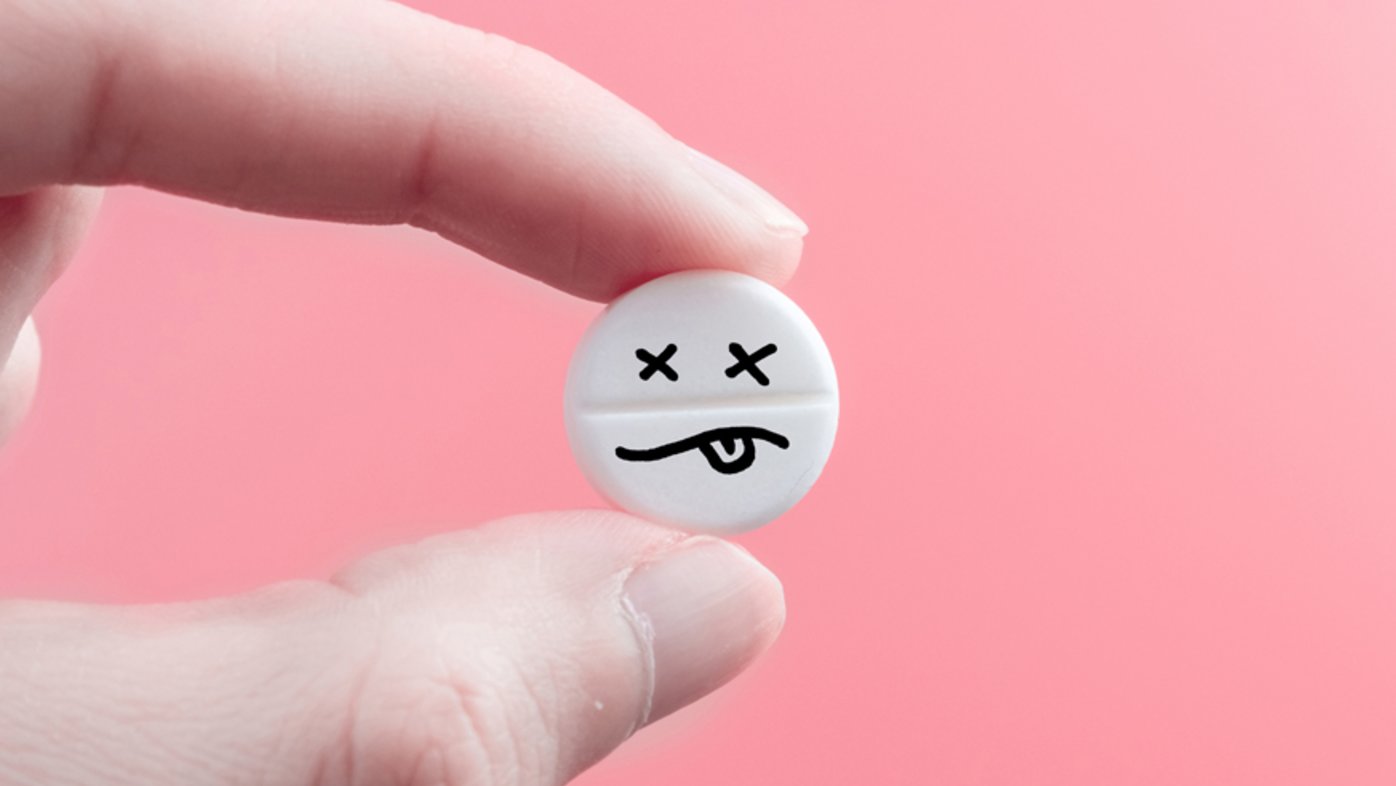
5 things to know about fentanyl
The rise in risky fentanyl use and fentanyl-related overdose in adults — and children — may be due to its easy access and abundant availability.
The holiday season, with its countless parties, over-indulgence and added stress, is behind us. As we ponder the opportunities that a new year brings and reflect on the past, many people may be inclined to try something different in January.
Some call this a New Year’s resolution, while others simply see it as a chance to reset. Either way, a common goal people identify is decreasing alcohol consumption.
Many individuals are currently in the midst of doing that by participating in “Dryuary.” Dryuary — or Dry January — is refraining from drinking alcohol for the month of January. And it's not too late to participate.
“Dryuary gives people a chance to lead a healthier lifestyle, as cutting down on alcohol helps clear the mind and improve sleep,” says Monica Hinton, PhD, from Sharp McDonald Center.
Dryuary benefits and steps for success
Benefits of trying Dryuary — or any extended break from drinking — include weight loss, higher energy and money savings. Although engaging in alcohol abstinence may be tricky, Hinton provides tips that can help.
“Avoid making a drastic change all at once because this can make it difficult to have a lasting impact,” she says. “If you participate in Dryuary, approach it gradually.”
Hinton also encourages seeing Dryuary as an opportunity to add healthy things in your life instead of only eliminating alcohol. “You can look at it as a chance to drink more water, eat more vegetables and move more,” she says.
What to consider before you stop drinking
For some individuals with alcohol use disorder, suddenly stopping drinking may cause withdrawal symptoms, such as:
Tremors
Sweating
Nausea or vomiting
Seizures
Hallucinations
Heart palpitations
These symptoms can be life-threatening. Individuals with alcohol use disorder who want to decrease or stop alcohol consumption should receive supervision and help from a medical professional or an addiction treatment facility like Sharp McDonald Center.
Whether someone has an addiction to alcohol or not, anyone who attempts to improve their health should be praised.
“If you slip up during the month, try again and practice self-compassion,” says Hinton. "Remember to be kind to yourself as you practice discipline and give yourself a pat on your back for taking care of your health."
Learn about substance use disorder treatment at Sharp; get the latest health and wellness news, trends and patient stories from Sharp Health News; and subscribe to our weekly newsletter by clicking the "Sign up" link below.
Our weekly email brings you the latest health tips, recipes and stories.